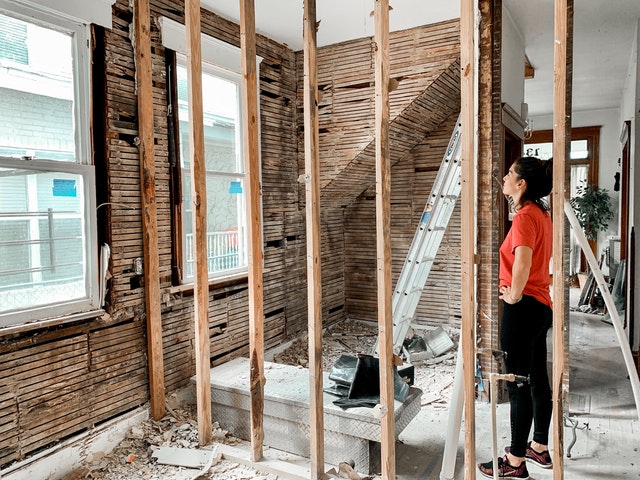Putting up a “For Sale” board on your property might grab the immediate attention of the people passing by, but that wouldn’t last long if you have possibly the worst living space inside. The usability and enjoyment of a house are not determined by the area it covers or the lawn it holds outside. You must always maintain its beauty to keep it attractive to the eyes of the buyers. Home improvement is, therefore, crucial in the whole process of selling your home. Minor projects wouldn’t cost you much, mostly because they can be completed without professional help.
However, you may have to pay for the services of an expert team when the project is big. When you plan to remodel your house or a whole room, working with a contractor may be the best option. The roadmap consisting of your expectations and the contractor’s approach towards the project is called the contract. It will help you understand the requirements and the total cost of the tasks involved. Let us look at the things you should know about a home improvement contract before signing one.
1. Parties Involved

The document legally bounds the tasks involved in a home improvement project. Since it contains all these details, the contract must specify the person who is making the agreement. Your name and contact information will be added to the contract, and it would also include the contractor’s details.
2. Scope of Work

This section should contain a description of the various works involved in a home improvement project. In some cases, the Scope of Work may be attached to the end of the contract as a separate exhibit. Everything from the products used to the manufacturer’s model is covered in the contract in written form to make those points clear right from the beginning of the task. If you find something lacking in the Scope of Work, make sure to ask your contractor to add it. Trust should be built on the basis of this contract and not without checking the details within the agreement.
3. Changes in the Contract

Every change made to the contract after you have signed it must be documented. The process of tweaking the existing project for better results must be explained in the contract. Even the small changes like the color of the paint used for the stairs must be documented so that no disagreements pop up in the future.
4. Licensing of the Contractor

When you read through the contractor, pay close attention to the points mentioned in the section covering the registration details of the company. Since the legal requirements could be different in every state, you must look through them beforehand. The licenses and registrations attached to the contract must be checked against the requirements to ensure the best is offered by conforming to all the state laws. Works done by contractors without a license could lead to bigger problems at the time of inspection.

